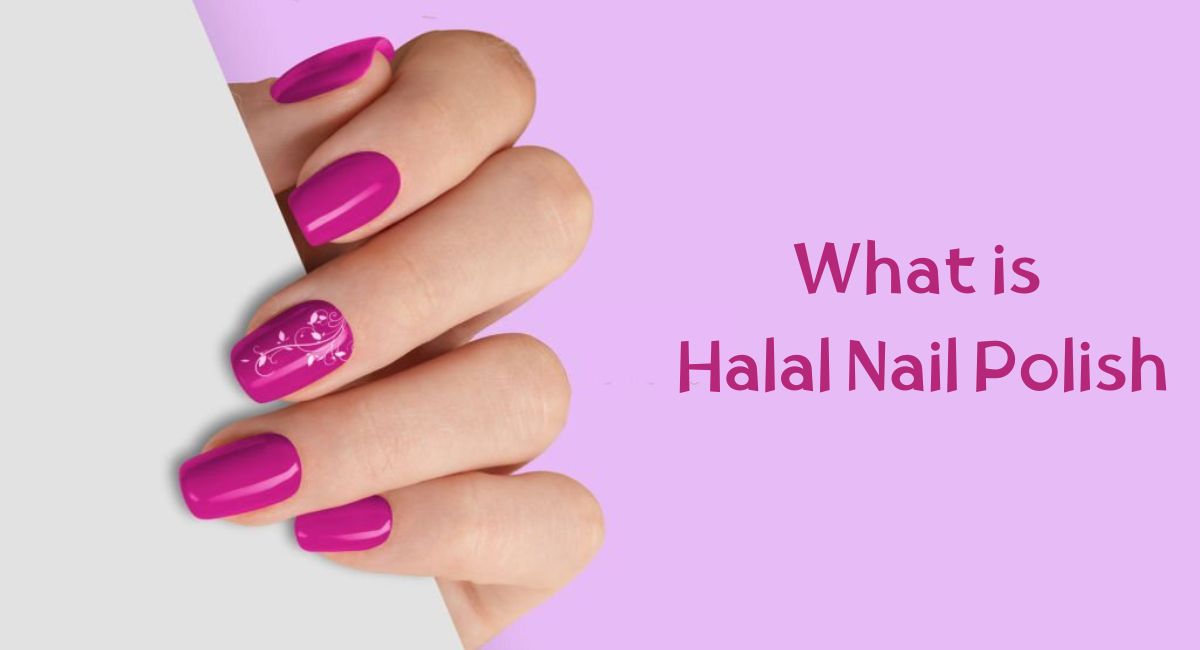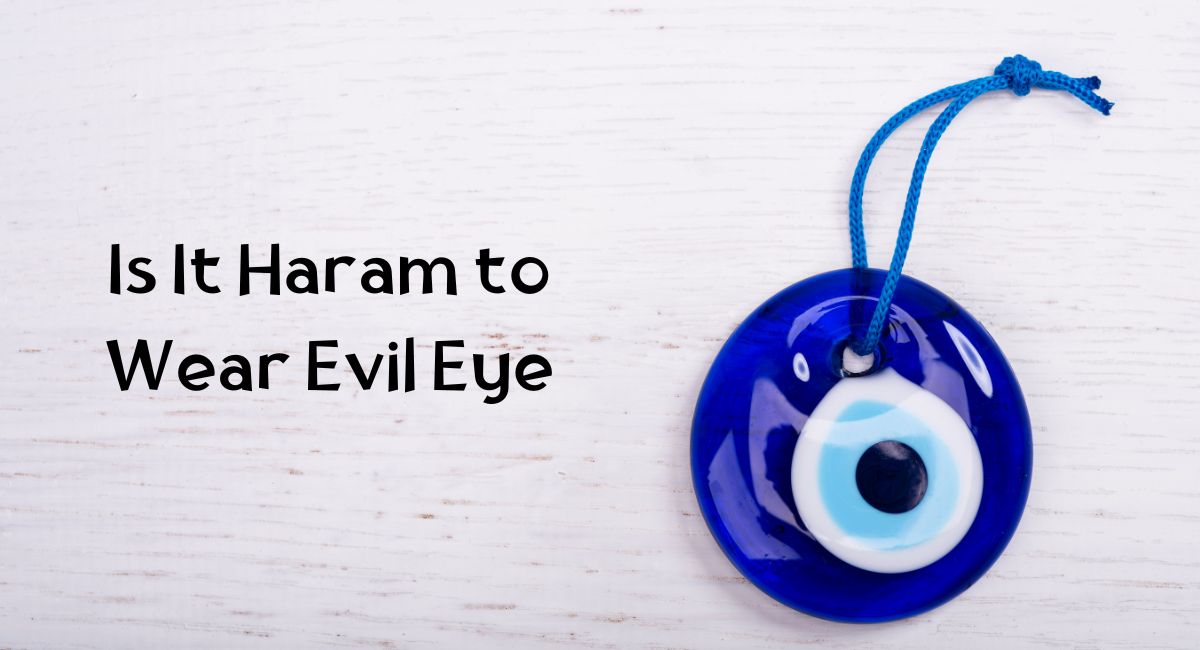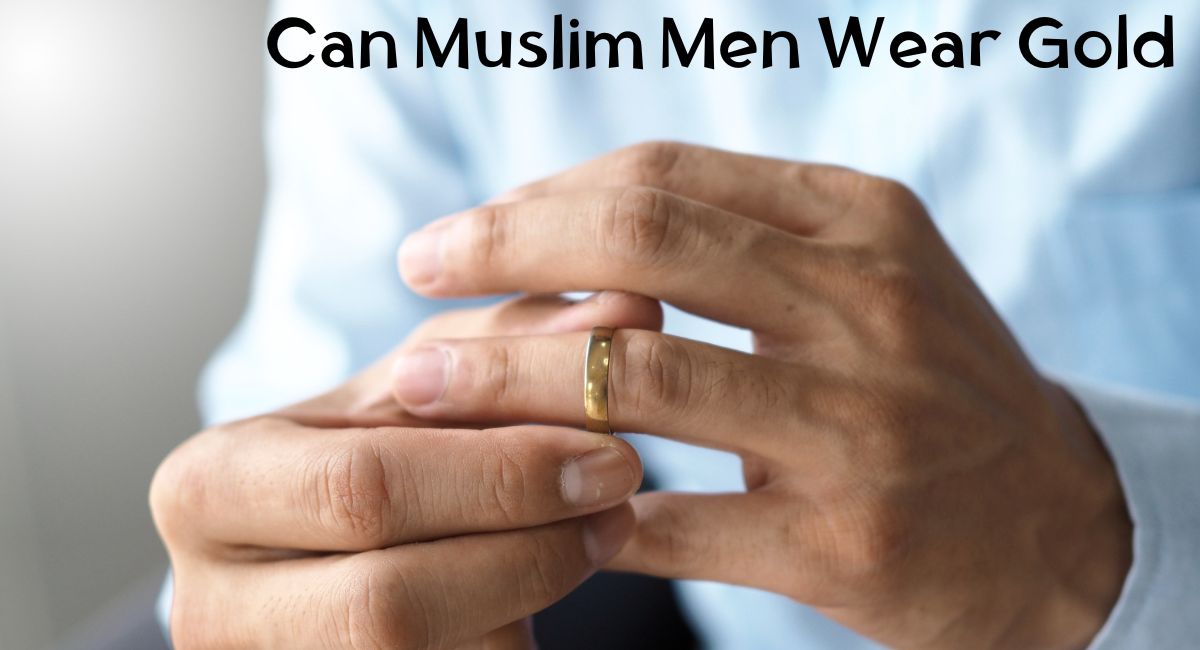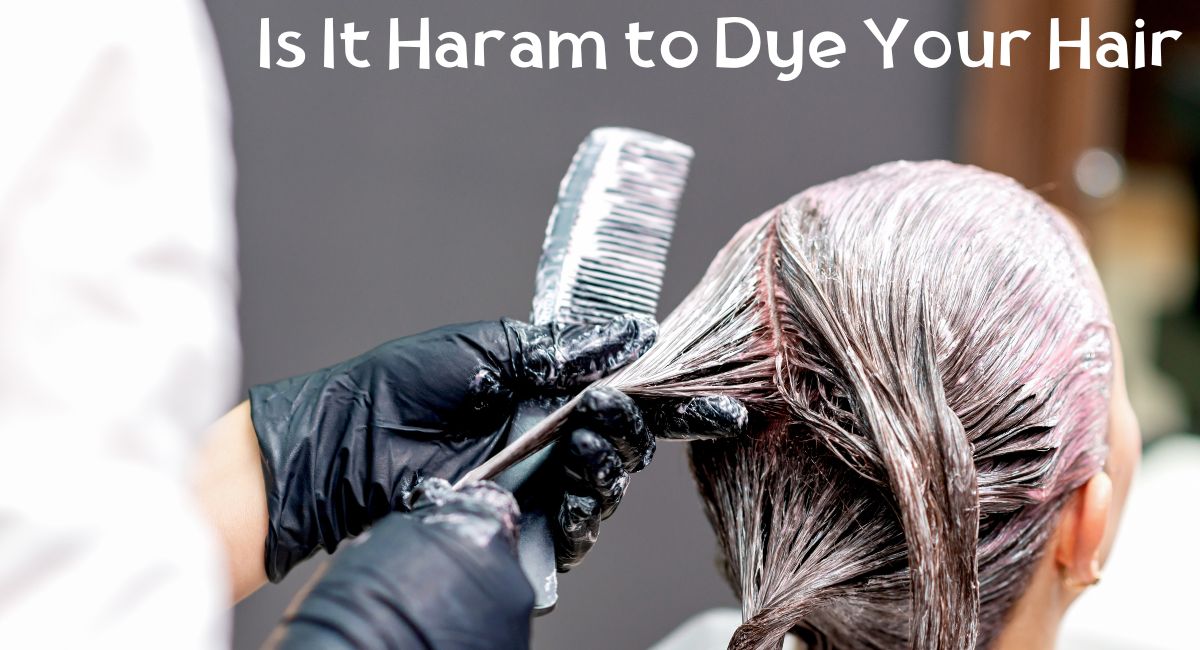Halal nail polish has become a sought-after product among Muslim individuals seeking Halal-certified options in the beauty industry. With the increasing demand for cosmetics aligned with Islamic principles, nail polish manufacturers have responded by creating formulations that meet the requirements of Halal certification.
In this article, we will explore what exactly Halal nail polish entails and the key factors that distinguish it from regular nail polish. By providing an overview of Halal nail polish, we aim to inform and empower Muslim consumers with knowledge about this unique beauty product and its compliance with their religious beliefs.
Key Takeaways
- Halal nail polish refers to a type of nail polish that complies with Islamic guidelines.
- It allows water and air to permeate through, which is important for performing ablution (Wudu) before prayers.
- It is free from haram ingredients, such as alcohol, animal-derived ingredients, and certain chemicals.
- Common ingredients in halal nail polish include solvents, resins, plasticizers, pigments, and emollients.
- The opinions on wearing nail polish in Islam vary among scholars.
- Best halal nail polish brands include Orly Breathable Nail Polish, 786 Cosmetics, Zahara Cosmetics, Mersi Cosmetics, and Nailberry.
What is Halal Nail Polish
Halal nail polish refers to a type of nail polish that is deemed permissible or lawful under Islamic law. It is specifically formulated to meet the requirements of Muslim women who wish to adhere to the guidelines of their faith while still wearing nail polish.
Truly halal nail polish goes beyond using permissible ingredients and also utilizes a breathable formula. This means that the polish allows water and air to permeate through the nail, making it possible to perform ablution (Wudu) properly without removing the polish.
This is important for Muslim women who need to perform ablution before prayers, as traditional nail polishes create a barrier that prevents water from reaching the nail bed.
Halal nail polishes are typically free from ingredients that are considered haram (forbidden) in Islam, such as alcohol, animal-derived ingredients, and certain chemicals. Instead, they use natural, halal-certified ingredients that are safe for use and comply with Islamic dietary laws.
How is Halal Nail Polish Different From Regular Nail Polish
Halal nail polish differs from regular nail polish in several ways:
- Ingredients: Halal nail polish is manufactured without the use of any animal byproducts or ingredients that are prohibited in Islamic law. Regular nail polish may contain ingredients derived from animals or substances that are not permissible in halal products.
- Breathability: Halal nail polish is designed to be breathable, allowing water and air molecules to pass through. This is achieved through a unique formula that is similar to the technology used in contact lenses. Regular nail polish forms a non-permeable barrier on the nails, preventing water and air from penetrating.
- Wudu-friendly: Halal nail polish is wudu-friendly, meaning it can be worn during ablution, the Islamic ritual of washing before prayer. The permeability of halal nail polish allows water to fully penetrate the polish, enabling Muslims to perform ablution without the need to remove the nail polish. Regular nail polish, on the other hand, forms a barrier that hinders water from reaching the nails during ablution.
- Manufacturing standards: Halal nail polish undergoes a certification process to ensure that it meets the requirements of halal standards. This includes verifying that the ingredients used are halal and that the manufacturing process adheres to Islamic guidelines. Regular nail polish may not undergo such certification or adhere to specific religious guidelines.
Benefits of Halal Nail Polish
Halal nail polish offers several benefits that make it a popular choice for individuals who follow Islamic dietary laws. Here are some of the key benefits of halal nail polish:
- Wudu-friendly: Halal nail polishes are breathable, allowing water and air molecules to pass through. This makes them suitable for performing ablution (wudu) as they do not create a barrier that prevents water from reaching the nails. Regular nail polishes, on the other hand, can create a waterproof seal, making it difficult for water to reach the nails during wudu.
- Quick-drying: Halal nail polishes dry quickly due to their breathable formulation. This means less waiting time after applying the polish, reducing the chances of smudging or ruining your freshly painted nails.
- Non-toxic: Many halal nail polishes are formulated without harmful chemicals such as formaldehyde, toluene, and dibutyl phthalate (DBP). These chemicals are often found in conventional nail polishes and have been linked to various health concerns. Halal nail polishes prioritize using safer ingredients, making them a healthier choice for your nails.
- More natural ingredients: Halal nail polishes often contain natural and halal-certified ingredients, avoiding animal-derived ingredients and alcohol. This makes them suitable for individuals who prefer vegan or cruelty-free beauty products.
- Hydration and nail health: Some halal nail polishes are designed to be moisturizing and hydrating. They can help retain moisture in the nails, preventing them from becoming dry and brittle, and promoting overall nail health.
What Ingredients Are in Halal Nail Polish
Halal nail polish is gaining popularity among Muslim consumers who are seeking beauty products that align with their religious beliefs. Halal nail polish is formulated without ingredients that are considered haram (forbidden) in Islam, such as alcohol and animal-derived substances. Here are the common ingredients you may find in halal nail polish:
- Solvents: Ethyl acetate, butyl acetate, propyl acetate, and isopropyl acetate are solvents commonly used in nail polish formulations. These solvents help to dissolve other ingredients and give the polish its smooth texture.
- Resins: Nitrocellulose, a film-forming agent, is one of the key ingredients in nail polish. It helps the polish adhere to the nails and provides a glossy finish. Polymer and copolymer resins are also used to improve the durability and strength of the nail polish.
- Plasticizers: Plasticizers like acetyl tributyl citrate are used to make the nail polish flexible and resistant to chipping. They help the polish adhere to the nails and prevent cracking.
- Pigments: Various pigments are used to provide the color in nail polish. These pigments must be halal-certified and free from any haram ingredients or processes.
- Emollients: Some nail polishes contain emollients like vegetable oils or plant-based ingredients to enhance moisturization and prevent drying of the nails.
It’s important to note that different brands may have variations in their formulations and choice of ingredients. However, the key aspect of halal nail polish is the absence of ingredients deemed haram. Therefore, it’s crucial for consumers to carefully read the ingredient labels and choose products from trusted halal-certified brands.
Guidelines for Wearing Nail Polish in Islam
Wearing nail polish in Islam is a topic that has differing rulings among scholars and Islamic schools of thought. Some scholars believe that wearing traditional nail polish that forms a barrier on the nails can invalidate the ritual ablution (wudu) required before prayer. They argue that the water should reach the entire surface of the nail during wudu, and the polish prevents this.
However, there are differing opinions on this matter. Some scholars argue that as long as the water can reach the nails to touch the skin during wudu, the nail polish does not invalidate the ablution. They believe that the polish is not a barrier if it allows water to pass through to the skin.
To accommodate those who wish to wear nail polish, there are halal-certified breathable nail polishes available in the market. These breathable polishes are said to allow water and air to penetrate through the polish, ensuring that the wudu is valid. They are designed to be porous, thus addressing the concerns of traditional nail polish.
It is essential to note that individual interpretations and cultural practices may also influence a person’s decision on wearing nail polish. Some Muslims may choose to err on the side of caution and avoid wearing nail polish during wudu to ensure they are following the strictest interpretations.
Best Halal Nail Polish Brands
When it comes to finding the best halal nail polish brands, it’s important to prioritize products that are compliant with Islamic guidelines and free from any prohibited ingredients.
Below, we will explore some of the top halal nail polish brands available in the market, highlighting their unique qualities and benefits. Whether you’re looking for vibrant colors, long-lasting formulas, or water-permeable options, these brands have got you covered.
- Orly Breathable Nail Polish: Orly is a well-known and respected nail polish brand that offers a range of breathable nail polishes. Their breathable formula allows air and moisture to pass through the polish, keeping the nails healthy. Orly’s nail polishes are also vegan and cruelty-free.
- 786 Cosmetics: 786 Cosmetics is a halal-certified brand that offers a wide range of nail polish colors and finishes. Their nail polishes are water and air permeable, making them wudhu-friendly (ablution-friendly) for Muslim individuals who need to perform ritual ablutions. 786 Cosmetics’ nail polishes are also vegan and cruelty-free.
- Zahara Cosmetics: Zahara Cosmetics is another popular halal-certified brand that offers a variety of nail polish colors and finishes. Their nail polishes are free from alcohol, animal products, and harsh chemicals. Zahara Cosmetics’ nail polishes are also breathable and vegan.
- Mersi Cosmetics: Mersi Cosmetics is a halal-certified brand that offers a range of breathable nail polishes. Their nail polishes are made with a breathable formula that allows water and oxygen to permeate through, keeping the nails healthy. Mersi Cosmetics’ nail polishes are also vegan and cruelty-free.
- Nailberry: Nailberry is a halal-friendly brand that offers a variety of breathable nail polishes. Their nail polishes are free from alcohol, animal-derived ingredients, and other harsh chemicals. Nailberry’s nail polishes are also vegan and cruelty-free.
Tips for Applying Halal Nail Polish at Home
Applying halal nail polish at home is a simple and straightforward process. Here are some tips to help you achieve a beautiful and wudu-friendly manicure:
- Prep your nails: Before starting the application process, ensure your nails are clean and free from any old nail polish or oils. Use a nail polish remover to remove any residue and then wash your hands thoroughly with soap and water.
- Shape and file your nails: If your nails are uneven or have rough edges, shape them using a nail file. File them in one direction to avoid any breakage.
- Apply a base coat: A base coat helps in creating a smooth surface for the nail polish and prolongs its wear. Apply a thin layer of a breathable base coat that is wudu-friendly.
- Apply the halal nail polish: Choose a halal nail polish color of your choice and apply it in thin, even layers. Start from the base of the nail and swipe the brush towards the tip in a smooth motion. Allow each layer to dry completely before applying the next layer for a more opaque finish.
- Seal it with a top coat: To protect your manicure and add a glossy finish, apply a breathable top coat. This will also help in preventing chipping and prolonging the wear of your halal nail polish.
- Avoid excessive layers: Halal nail polish is designed to be breathable, so it is recommended to apply just one or two thin layers for optimal breathability. Applying too many layers can hinder water permeability.
- Clean up any mistakes: If you make any mistakes or get nail polish on your skin, use a cotton swab dipped in nail polish remover to clean it up. Be careful not to touch the painted nails while doing this.
- Allow proper drying time: Allow your nails to dry completely before touching anything or applying any pressure. This will help prevent smudging or denting of the nail polish.
How Can You Prove Nail Polish is Halal
There isn’t a standardized criterion for the halal certification of nail polish, so proving that a nail polish is halal can be subjective. However, some considerations that are commonly taken into account include the absence of haram (forbidden) ingredients, such as animal-derived ingredients or alcohol, and the water permeability of the product.
Halal nail polishes are often formulated without pork products or byproducts, as the consumption of pork is prohibited in Islam. To ensure that a nail polish is halal, it is essential to check the ingredient list for any haram ingredients. Some halal-certified brands also prioritize the water permeability of their nail polishes, which means that the polish allows water to pass through, allowing for ablution (wudu) before prayer.
To prove the halal certification of a nail polish, some brands undergo testing and certification by Islamic organizations or halal certifying bodies. These organizations assess the product’s formulation, ingredients, and functionality to determine if it meets the halal requirements. Breathability tests, which determine the water permeability of the polish, are often conducted to support the claim of being halal.
However, it’s important to note that the concept of halal certification for nail polish can vary among different individuals and communities. Some people may prioritize the absence of haram ingredients, while others may place greater importance on the functionality and water permeability of the polish. Therefore, it is recommended to look for halal certifications or consult trusted sources within your community to ensure that a nail polish aligns with your personal understanding of halal.
You Might Also Like:
Is ORLY breathable nail polish halal or haram – Dive into the discussion about whether ORLY Breathable Nail Polish aligns with halal standards. Discover the formulation and features of this nail polish, and explore its compatibility with Islamic practices.
Is Breathable Nail Polish Halal or Haram – Uncover the concept of breathable nail polish in the context of halal and haram. This article explores the factors that determine the permissibility of using breathable nail polish for Muslims.
Is Zoya Nail Polish Halal or Haram – Curious about the halal status of Zoya Nail Polish? Explore the ingredients and features of Zoya products in relation to Islamic beliefs. Discover whether Zoya Nail Polish is a suitable choice for those seeking halal beauty options.
Are Fake Nails Halal – Delve into the world of fake nails and their compatibility with Islamic principles. This article examines the religious considerations surrounding fake nails and offers insights into whether they are deemed halal or haram.
Is Makeup Halal – Explore the broader question of whether makeup is considered halal or haram according to Islamic teachings. This article delves into the various aspects of makeup use and its implications for Muslims.






